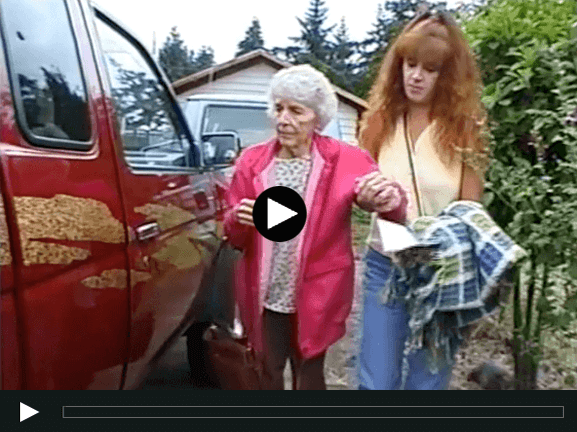In this report, LERC professor Gordon Lafer finds that one of the most critical factors that will determine the quality of EV manufacturing jobs is whether employees will have the right to organize labor unions without fear or intimidation….
Examining the Auto Industry’s Future






